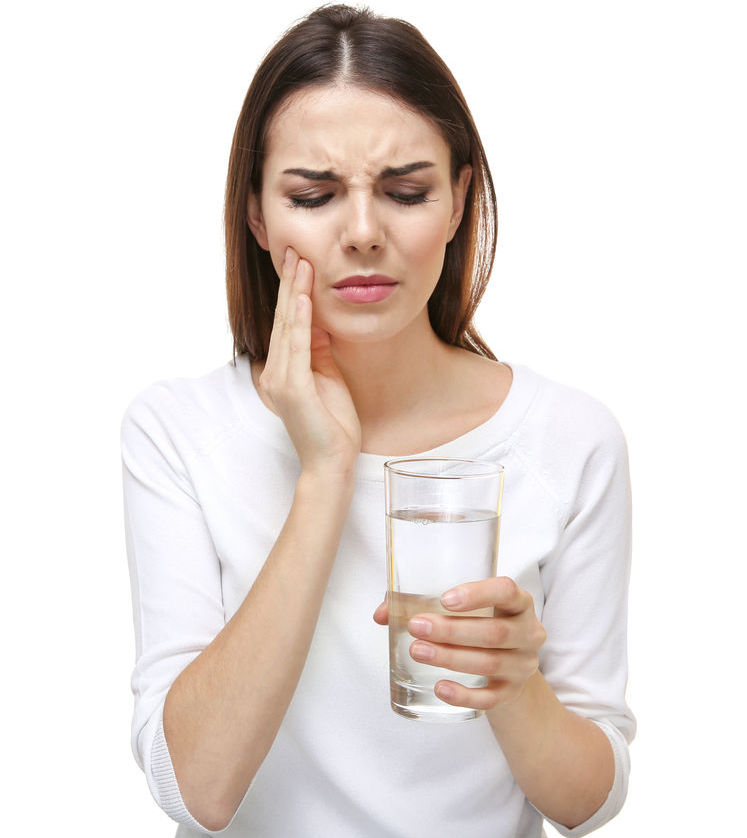Pain ‘inside’ your teeth, or ‘sensitive teeth’ is known as dentin hypersensitivity.
This happens when either the enamel is worn away or there is less gum around the tooth, which then exposes the dentin layer. Read more about the structure of your teeth.
Dentin is similar to enamel but has tubes inside it running from the surface down to the pulp
- These tubes contain a small amount of fluid that is usually still when the dentin is covered by enamel, gum or bone
- If the tubes are exposed, the fluid can be moved by things such as cold (drinks, air), heat (food, drinks), pressure changes (tooth brushing, talking) and chemical changes (food, drinks)
- This movement is picked up by the nerve endings in the pulp that transmit a pain signal
Toothpastes may contain specific anti-sensitivity ingredients
- Some work by blocking the pain signal - Potassium nitrate, potassium citrate, potassium chloride
- Some work by physically covering the top of the dentin tubules - Strontium chloride, stannous fluoride, calcium sodium phosphosilicate (CSPS), arginine + calcium carbonate + sodium monofluorophosphate

West N, Seong J, Davis M. Management of Dentine Hypersensitivity: Efficacy of Professionally and Self-Administered Agents. J Clin Periodontol 2015;42(Suppl 16):S256–302. DOI: 10.1111/jcpe.12336
